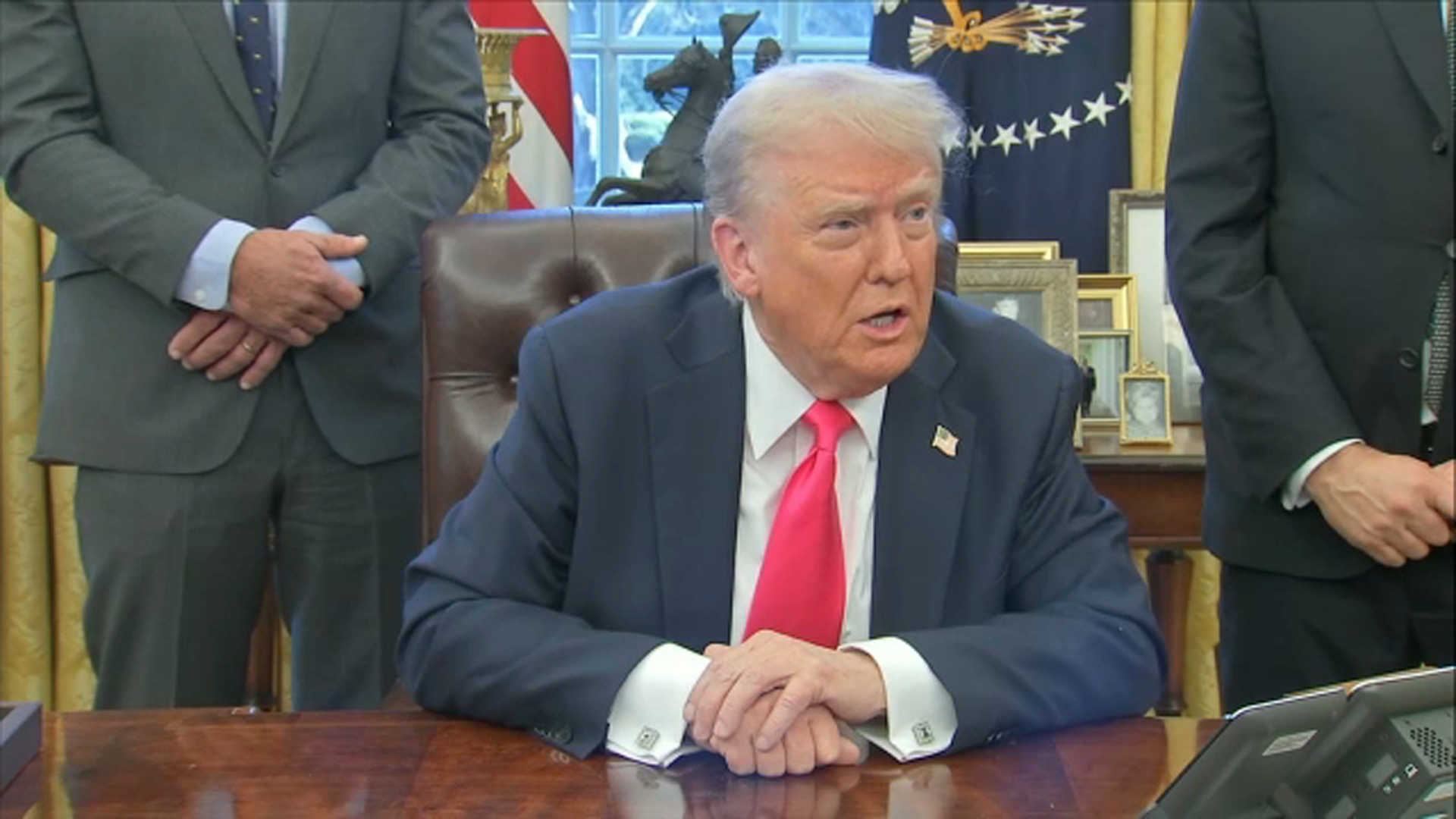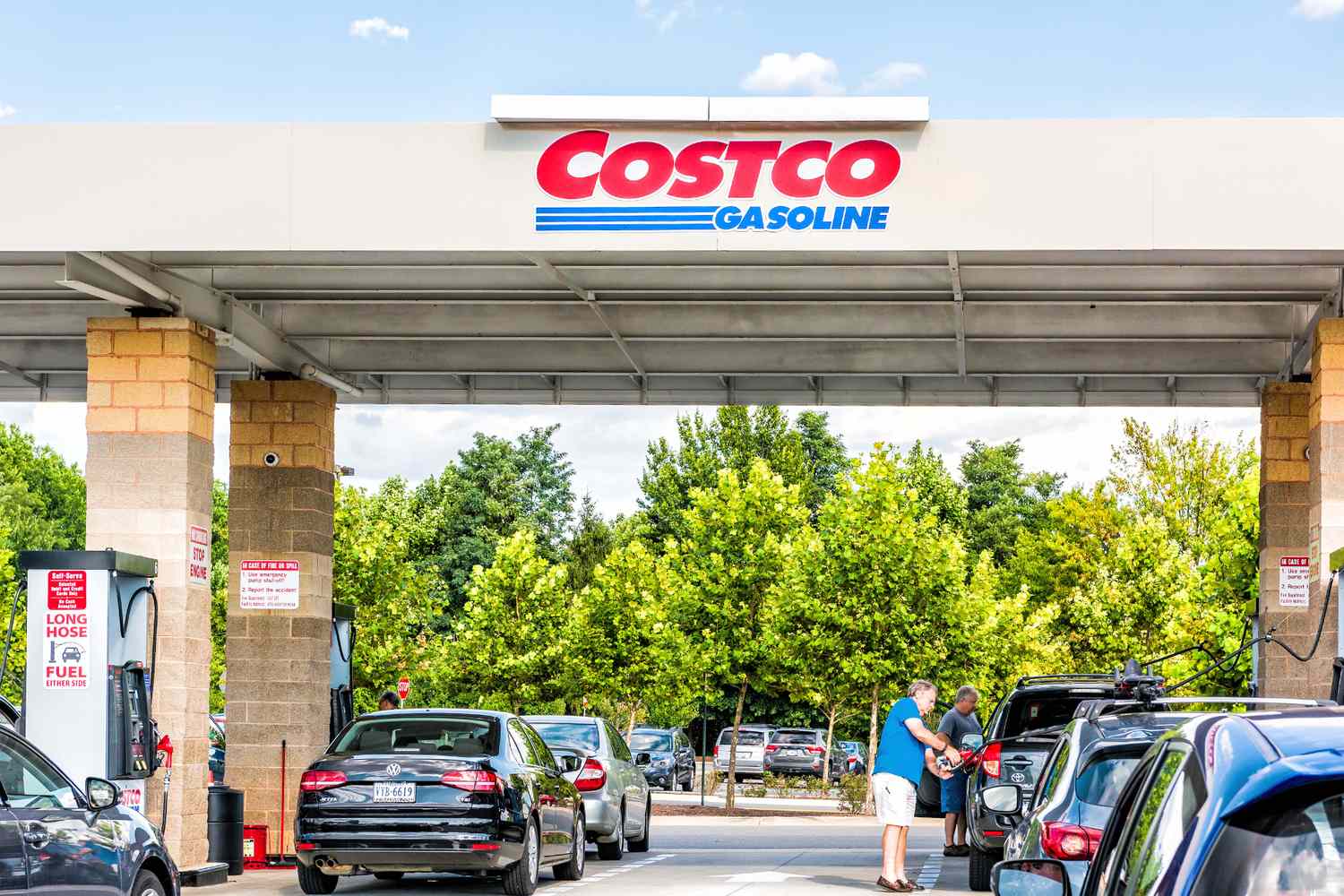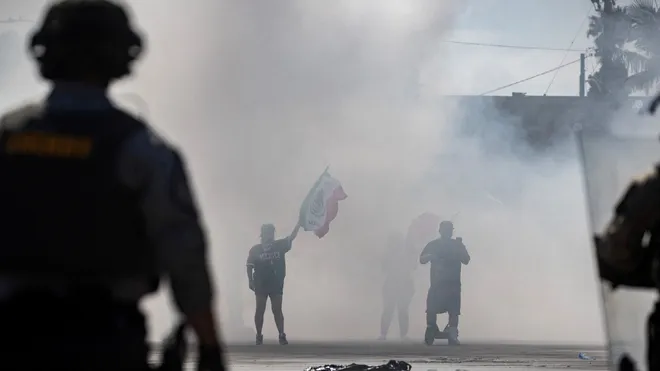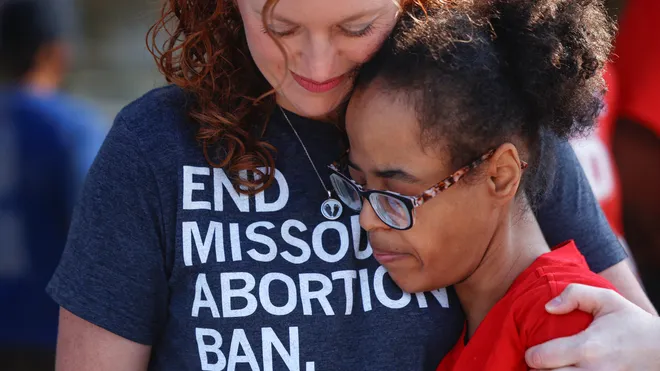
Trump signed an executive order his first day in office to deny citizenship to children born in the United States unless at least one parent is a citizen or legal resident.
The Trump administration on May 15 tried to convince the Supreme Court to let it broadly enforce the president’s new rules ending birthright citizenship for some, even though multiple lower courts have said his executive order is probably unconstitutional.
John Sauer, President Donald Trump’s solicitor general, told the justices it’s “extremely urgent” that the court limit judges’ ability to pause the president’s policies while they’re being litigated.
Several of the justices have expressed concerns about the use of nationwide injunctions, but Sauer faced pushback this week about whether limiting injunctions was appropriate in this case.
Trump’s order would end birthright citizenship for children born in the United States unless at least one of their parents is a U.S. citizen or legal permanent resident.
While the government said Trump’s policy should be in effect for anyone who doesn’t try to challenge it, some justices questioned the practical effects of that patchwork scenario.
And they suggested the administration avoided asking the Supreme Court to rule directly on the policy because they knew they would lose.
Here are the highlights from the more than two hours of oral arguments.
States warn there could be ‘unprecedented chaos’
Jeremy Feigenbaum, a lawyer representing the states challenging Trump’s policy, stressed the practical problems of not having a national standard for citizenship while the executive order is being litigated.
It’s never been the case, he said, that citizenship is turned off or on when someone crosses a state line.
“We genuinely don’t know how this could possibly work on the ground,” he said, describing it as “unprecedented chaos.”
States would either have to delay benefits for programs like Medicaid that require Social Security numbers or figure out, on a temporary basis, how to administer benefits without Social Security numbers.
Justice Brett Kavanaugh asked the Trump administration’s attorney what states and hospitals are supposed to do the day after the president’s policy goes into effect.






